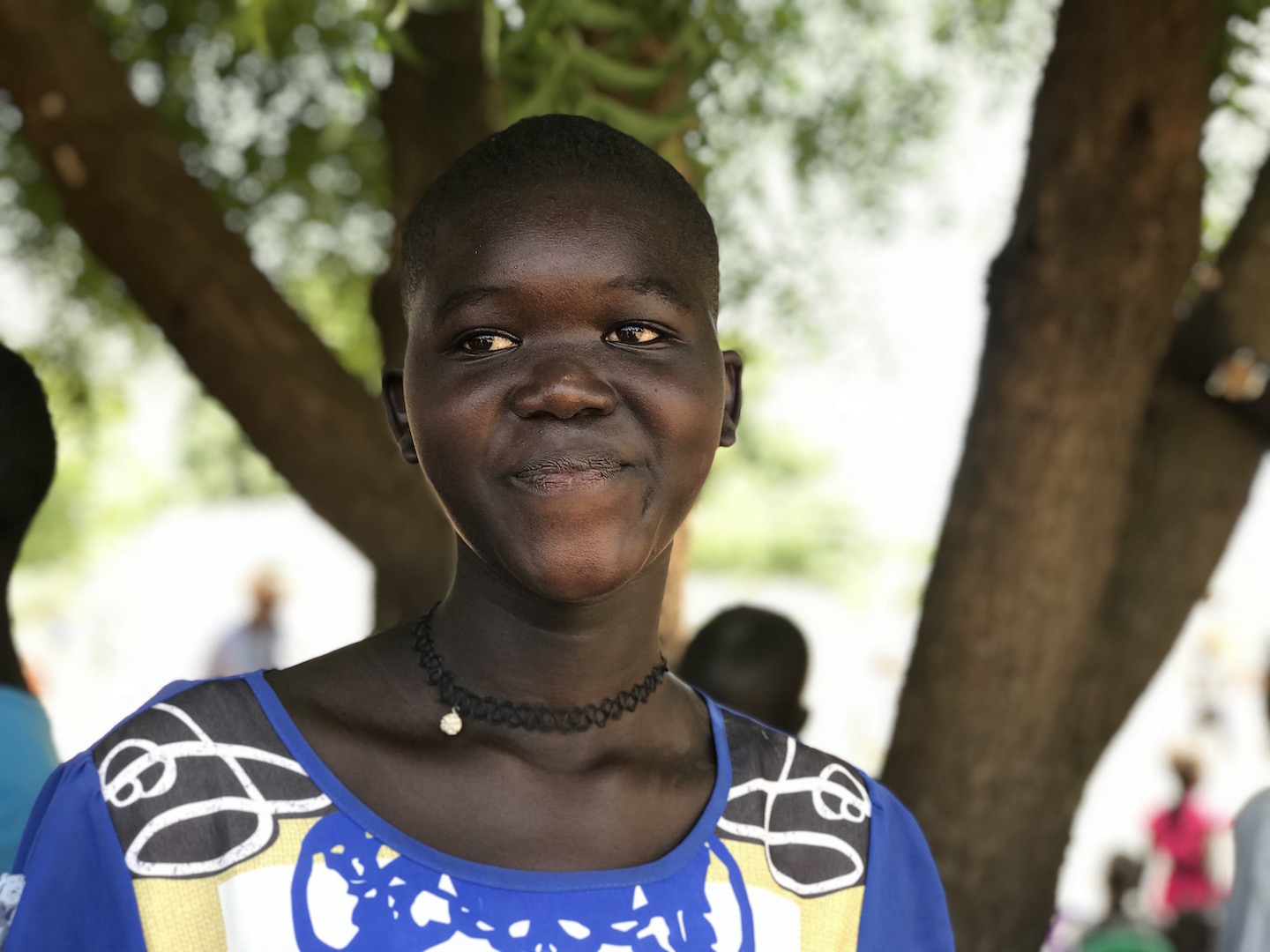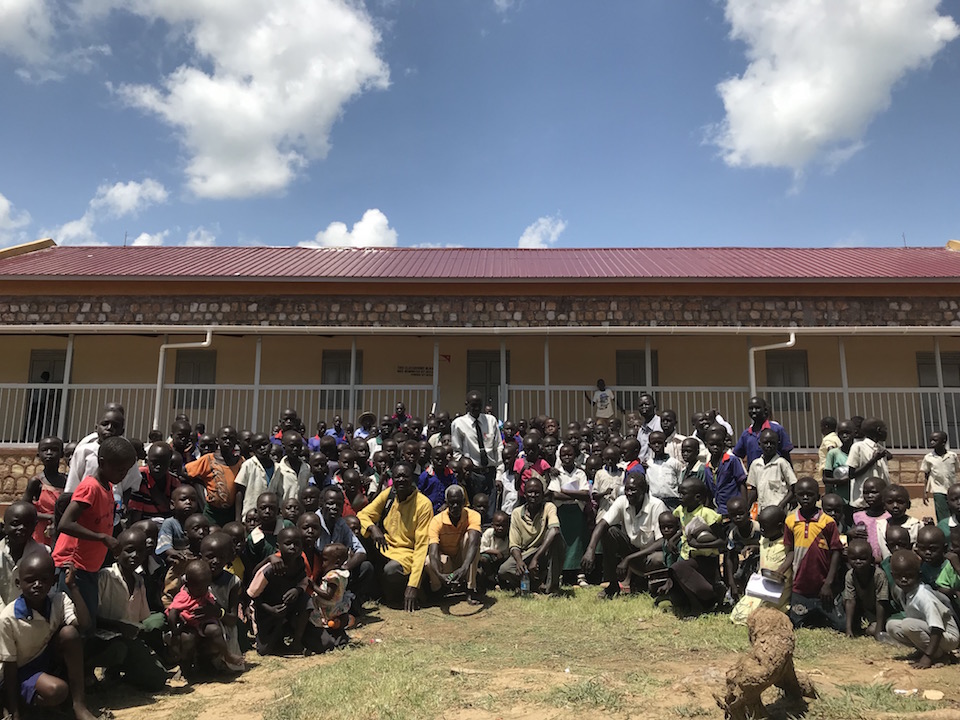Education’s powerful role in ending violence against South Sudan’s children

By Moses Leviticus Omara, Education Advisor, World Vision South Sudan
- 73% of men and 84% of women above 15 years of age are illiterate
- 3 out of 5 school-age children are not enrolled in primary school
- 32 per cent of 3,639 primary schools are in open air (under trees)
Santo Paul’s family fled from his village two years ago due to intense fighting. His brother was killed. Displaced, he has to stop his studies. “I want to become a doctor and help people who are sick. I want to go back to school again”, he says. Santo is among the thousands of children in South Sudan’s whose future is on hold because of the conflict.
A UN report stated that the country is among those that has the highest illiteracy in the world. The decades long conflict and violence in the communities were some of the main causes of this education crisis plaguing the country.
Ultimately, its devastating impact is very evident on the children’s access to schools, enrolment and retention. Many of these children, just like 13-year old Santo, are deprived of learning opportunities in different forms such as interrupted education, destruction of classrooms and lack of educational resources.
Add to all these, the safety and wellbeing of teachers and students. Many of the children turned child soldiers were abducted while they were in school.
Fighting, displacement and emergency levels of food insecurity have been the main causes that lead to interruption of education and lack of protection for 3-18 years old children. In effect, education is directly affected by these crises, as many schools have to close and children are not able to fully participate.
Prior to the long running conflict, 73 per cent of men and 84 per cent of women above 15 years of age were illiterate while three out of five school-age children were not enrolled in primary school.
As a consequence, children are continuously exposed to harmful cultural practices such as child abduction, child labour and early child marriages. Today, a young girl in South Sudan is three times more likely to die of pregnancy or childbirth than to complete her primary education.
When children are exposed to violence, they are left with mental scars affecting their ability to relate with others. This eventually undermines their cognitive, emotional, psychological and physiological development. Mary Jones, 14, saw people get killed in her village before they sought refuge in Juba, the country’s capital city.
Mary recalls, “If we stayed, we were most likely been killed, too. My dream is to become a pilot. I wonder if I can still be back in school.”
World Vision has reached out to over 54,425 school children with violence prevention and peace education messages. Over 659 teachers were oriented and prepared to be role models in the campaign to reduce gender-based violence in schools and educational institutions.
Children’s peace clubs have been established in over 101 primary schools and outreach campaigns to scale up peace education, child rights protection and ending violence in all its forms. Plays and interactive drama are used for children and communities to promote awareness against the harmful practices.
Santo and Mary appreciate the activities in the child-friendly space that World Vision has organized. “The plays and other things we do together help us forget all the difficulties we went through”, they both say. They also participate in role plays that help educate other children about all forms of violence and identify them in their own households and communities.
World Vision has reached out to more than 50,000 people with peace education and campaign on ending violence including orientation of over 659 teachers. Santo and Mary are among the children who joined one of the 101 peace clubs established in World Vision supported primary schools and child-friendly centers.
Below: The community leaders in Rajaf West expressed appreciation to World Vision during the turn-over of a rehabilitated school that will benefit hundreds of children.

